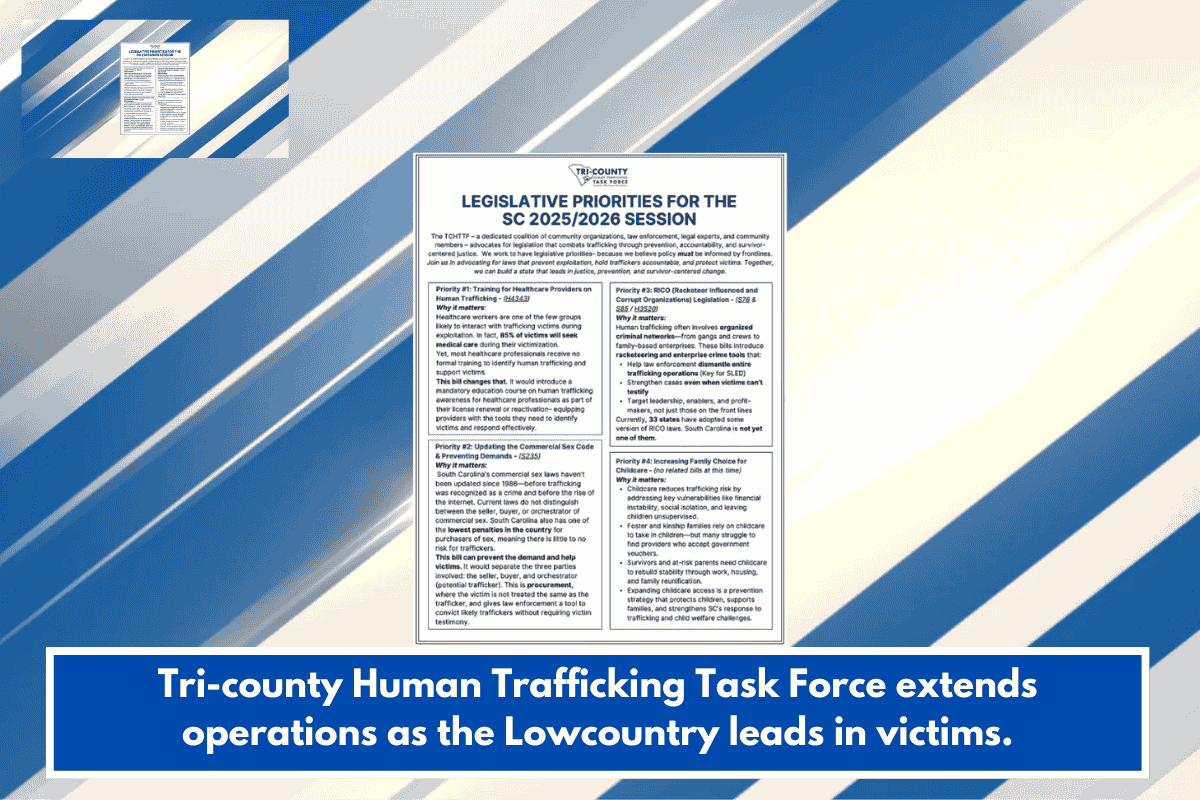New Mexico, like many other states, has laws in place that allow individuals to defend themselves when they feel threatened. The “Stand Your Ground” law is one such legal principle that is designed to protect individuals who use force, including deadly force, in self-defense situations. Understanding how this law works in New Mexico is important, especially since it allows people to defend themselves without an obligation to retreat. Here’s what you need to know about New Mexico’s Stand Your Ground law.
What is Stand Your Ground Law?
The Stand Your Ground law allows individuals to use force, including deadly force, to defend themselves if they believe they are in imminent danger of death or serious harm. Unlike traditional self-defense laws that may require an individual to attempt to retreat if possible, Stand Your Ground laws do not impose such a duty. In other words, if you are confronted with a threat, you have the legal right to stand your ground and protect yourself without having to try to escape the situation.
How Does Stand Your Ground Work in New Mexico?
In New Mexico, the Stand Your Ground principle is included as part of the state’s self-defense laws. This means that if someone unlawfully enters your home, car, or place of business, or threatens you in a manner that puts your life or safety at risk, you have the legal right to use force, including deadly force, to defend yourself.
Key points of New Mexico’s Stand Your Ground law include:
- No Duty to Retreat: In New Mexico, if you are in a place where you have the legal right to be, you are not required to retreat or flee if confronted with a threat. This means you can defend yourself immediately, even if there is an option to escape.
- Use of Deadly Force: If you reasonably believe that using deadly force is necessary to protect yourself from imminent danger, you are legally allowed to do so. The law allows you to use deadly force in situations where you believe you are at risk of death or serious bodily harm.
- Protection in the Home, Car, or Business: The law extends to locations where you have a right to be, such as your home, vehicle, or business. For example, if someone unlawfully enters your home with the intent to harm you, you can legally use deadly force to protect yourself.
When Can You Legally Use Force in New Mexico?
While New Mexico’s Stand Your Ground law provides broad protections for self-defense, there are limitations. Here are some key guidelines to keep in mind:
- Imminent Threat: The law only applies if you are facing an imminent threat of harm. For example, if someone is actively attempting to harm you or break into your home, that would likely justify the use of force.
- Proportionality of Force: The force used must be proportional to the threat you face. If you are threatened with non-lethal force, using deadly force might not be justified. The law allows for reasonable force based on the severity of the threat.
- No Aggression: The law generally does not protect those who initiate a confrontation. If you provoke or escalate the situation and then use force, you may not be protected under Stand Your Ground laws.
- Law Enforcement Considerations: New Mexico law enforcement will review the situation to determine whether the use of force was justified. If you use force in self-defense, you may still be subject to an investigation to ensure that your actions were within the scope of the law.
Castle Doctrine and Stand Your Ground in New Mexico
New Mexico’s Stand Your Ground law is closely related to the Castle Doctrine, which specifically protects individuals who use force to defend themselves in their homes. The Castle Doctrine states that you have the right to use force, including deadly force, to protect yourself from someone unlawfully entering your home.
In practice, the Castle Doctrine in New Mexico means that if someone breaks into your home and you believe they intend to harm you, you do not have to retreat. You can protect yourself and your property with the use of force, including deadly force if necessary. The Stand Your Ground law extends this protection beyond the home to any place where you have the legal right to be.
Legal Consequences and Considerations
While New Mexico’s Stand Your Ground law offers protection in self-defense situations, it is important to note that using force, particularly deadly force, can have serious legal consequences. Even if you believe your actions were justified under the law, law enforcement will investigate the incident. If it is found that the use of force was excessive or unreasonable, you could face criminal charges, including manslaughter or murder.
It is also important to understand that the law applies to both physical and verbal threats. However, if you escalate a situation with aggressive behavior, such as initiating violence, the Stand Your Ground law may not protect you.
Stand Your Ground in New Mexico
New Mexico’s Stand Your Ground law provides individuals with the legal right to protect themselves from imminent harm without the obligation to retreat. If you are in a situation where you feel threatened, the law allows you to defend yourself using force, including deadly force, provided the threat is immediate and the response is proportionate to the danger. However, it’s essential to understand the nuances of the law to avoid legal trouble. Always remember that using force should be a last resort, and the law requires that the threat be immediate and credible.
SOURCES
[1] https://giffords.org/lawcenter/state-laws/stand-your-ground-in-new-mexico/
[2] https://en.wikipedia.org/wiki/Stand-your-ground_law
[3] https://www.ncsl.org/civil-and-criminal-justice/self-defense-and-stand-your-ground
[4] https://www.lisatorracolaw.com/blog/2024/03/self-defense-laws-in-new-mexico/
[5] https://en.wikipedia.org/wiki/Gun_laws_in_New_Mexico














